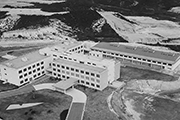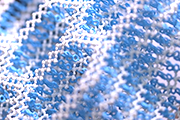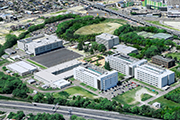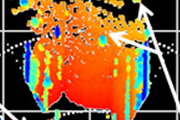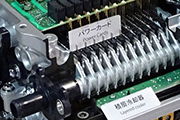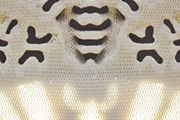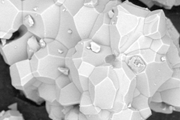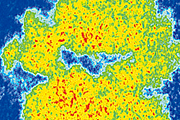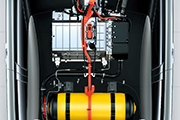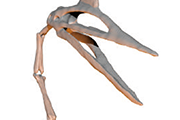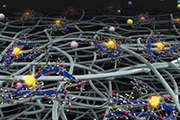Architectural design of a 3D battery using machine learning
A study conducted by our researcher Kaito Miyamoto, assigned to Toyota Motor North America (TRINA) in collaboration with the University at Buffalo, was published in the Journal of Power Sources. This study was conducted in cooperation with Frontier Research Center of Toyota Motor Corporation.
Miniature lithium-ion batteries (microbatteries) have been promising candidates for powering off-grid operations of internet-of-things (IoT) devices. To further develop IoT devices, the power and energy densities of microbatteries must be increased. Considering the small size of microbatteries, three-dimensional (3D) design is one key approach to increasing their power and energy densities. However, designing such architecture manually is quite challenging even for experts. To overcome this challenge, The research team proposes an efficient architectural-design optimization method that consists of a geometry generator based on Monte Carlo tree search and prediction models that utilize machine learning. The proposed method completes geometry optimizations over 5.5 times more efficiently than the method based on a randomized algorithm and successfully designs state-of-the-art 3D battery architectures. The proposed approach is expected to be useful in designing microbatteries for various IoT electronics.
Title: Data-driven Optimization of 3D Battery Design
Authors: Miyamoto, K., Broderick, SR., Rajan, K.
Journal Name: Journal of Power Sources
Published: April 28, 2022
https://doi.org/10.1016/j.jpowsour.2022.231473
















